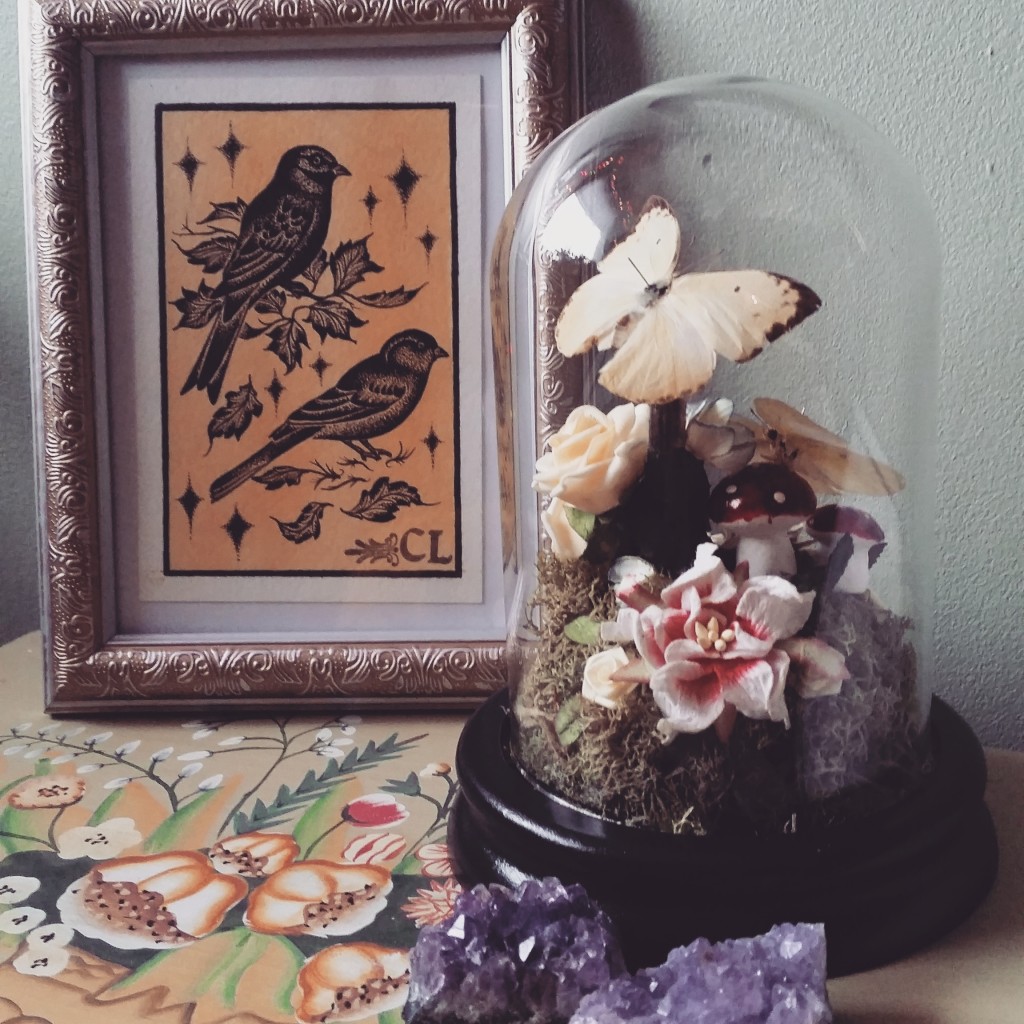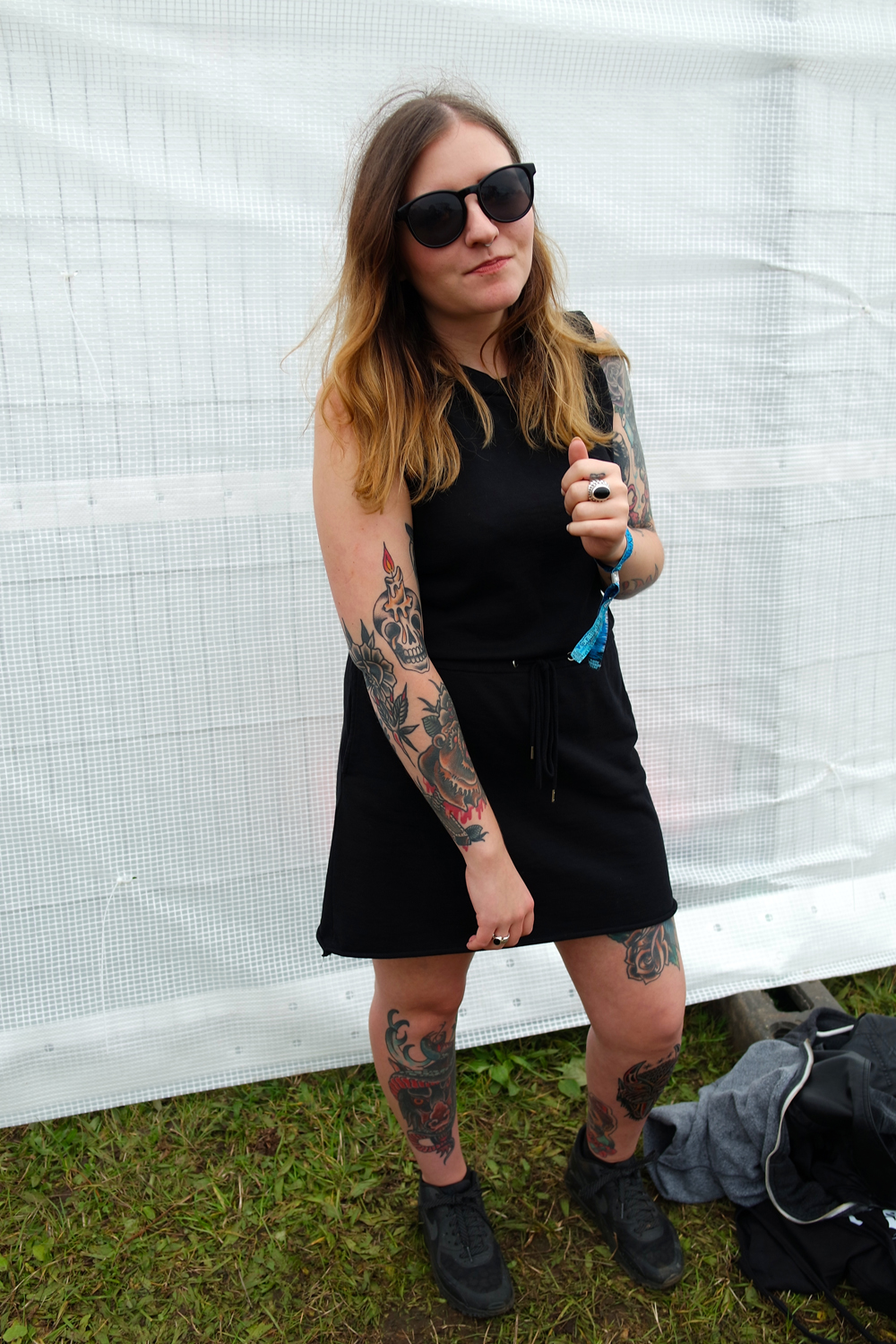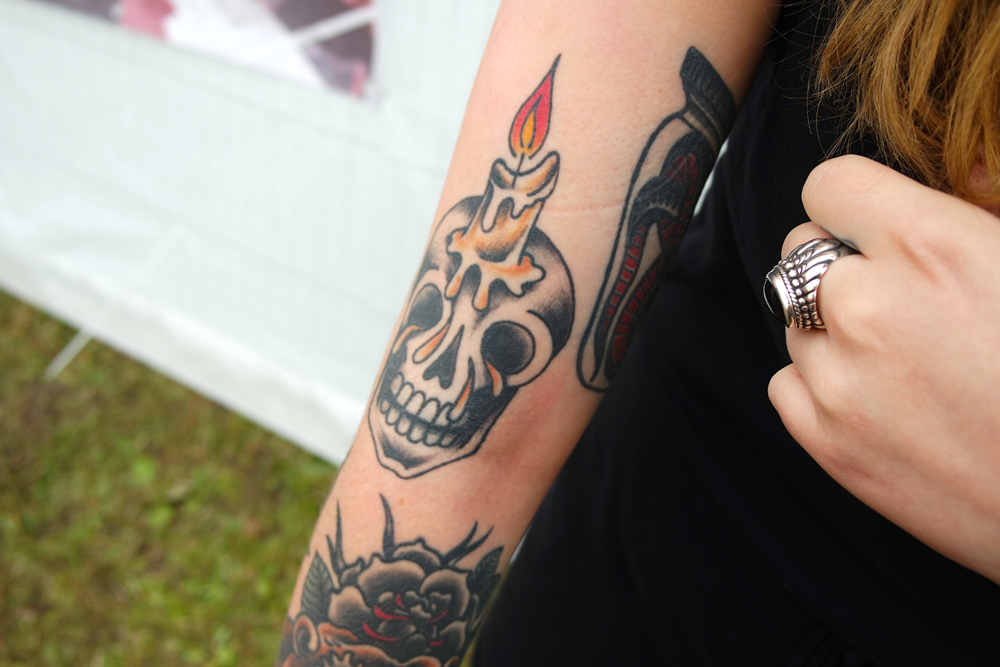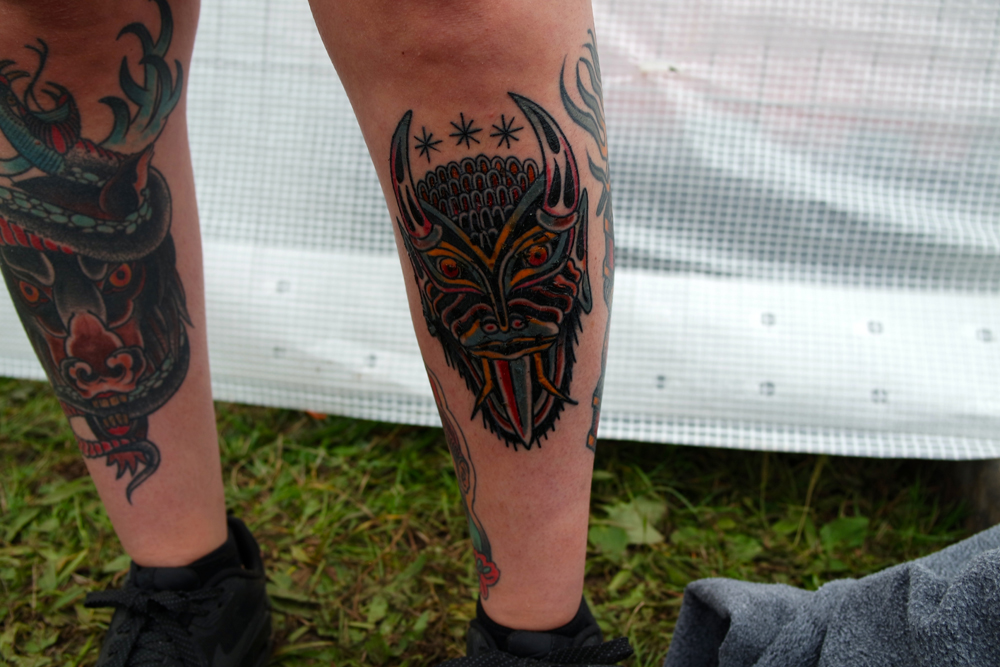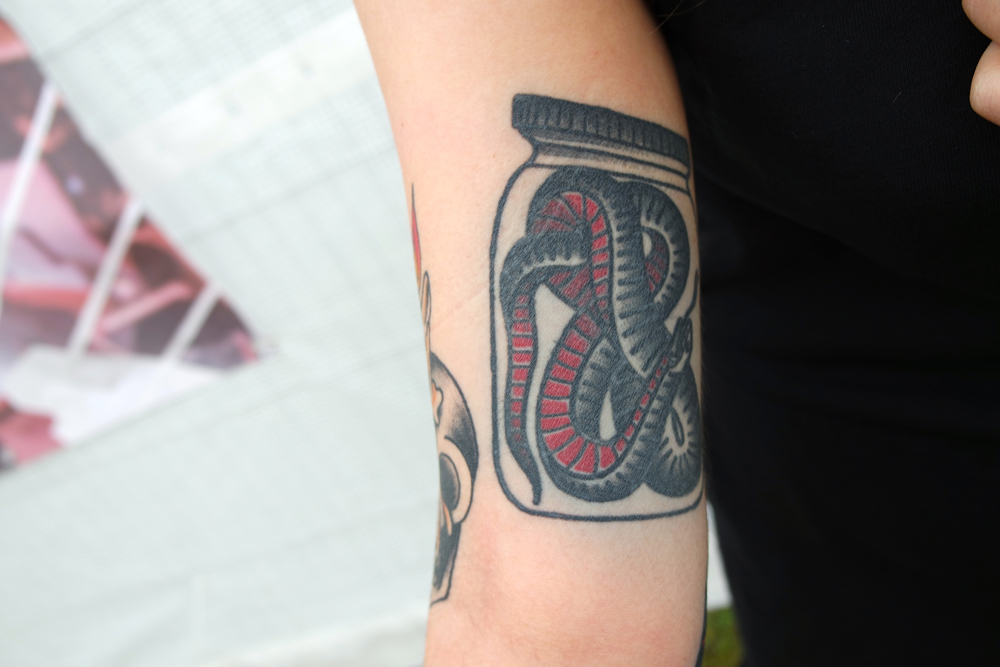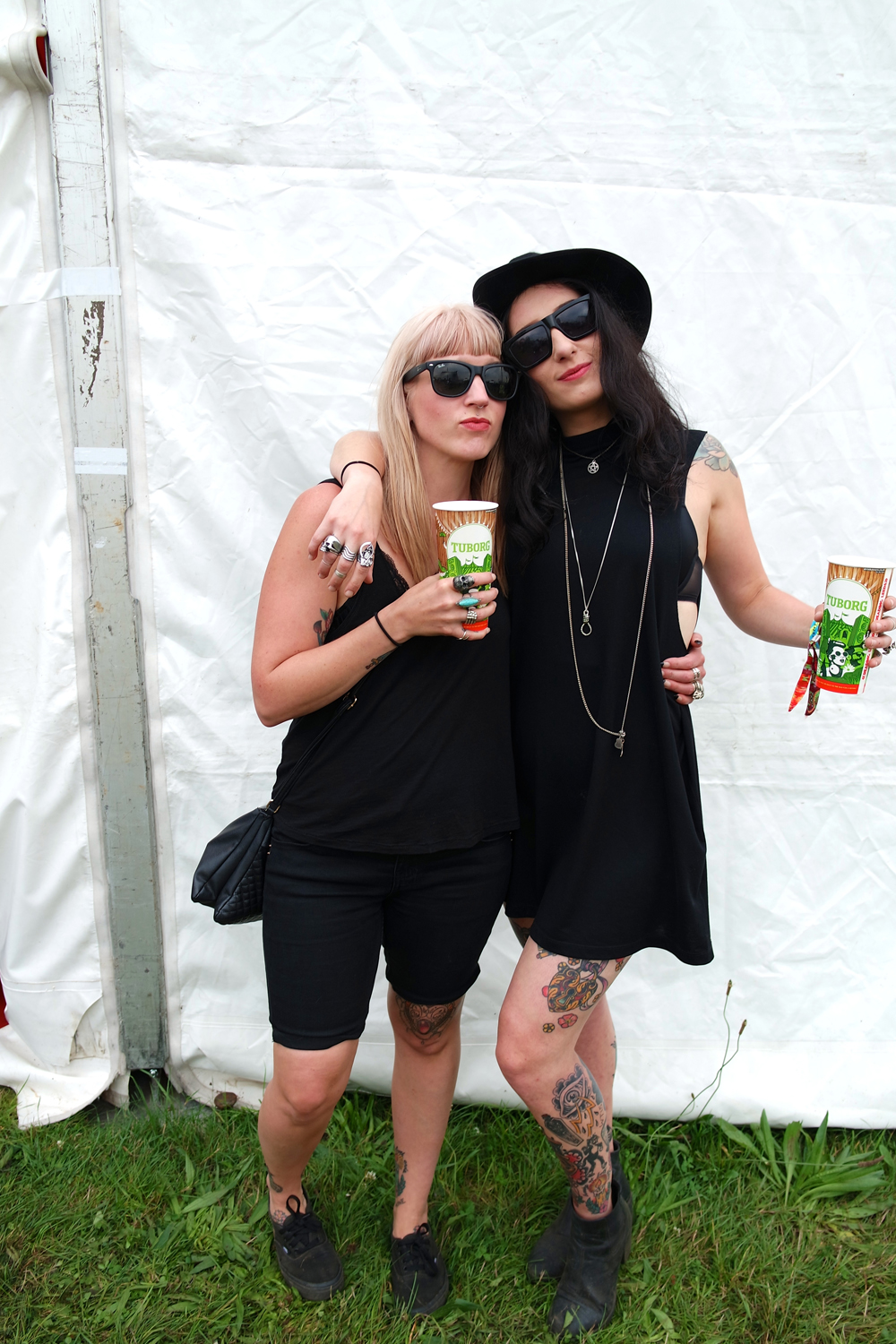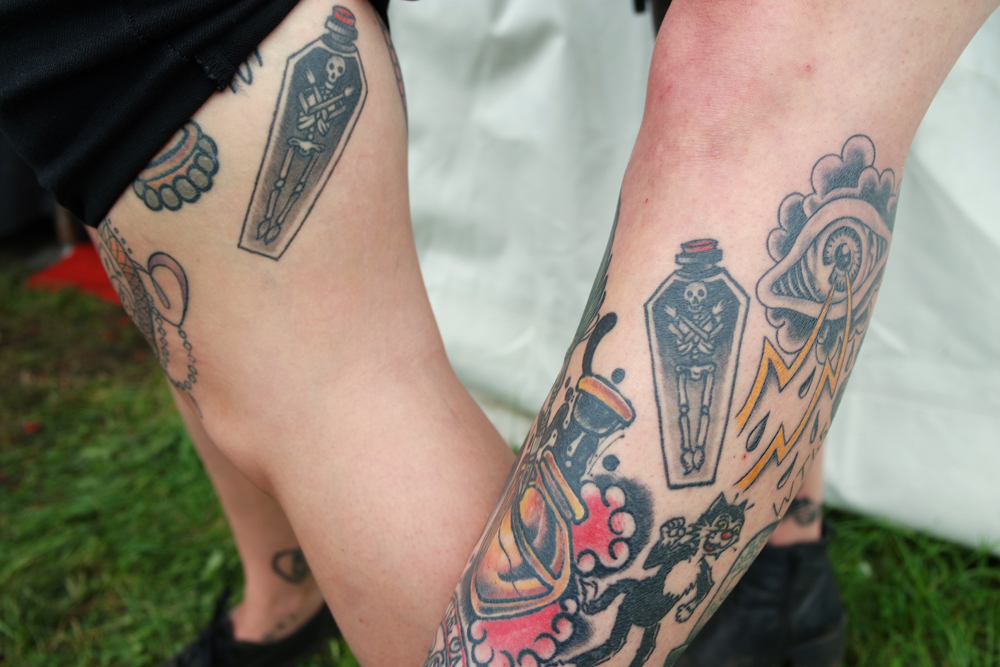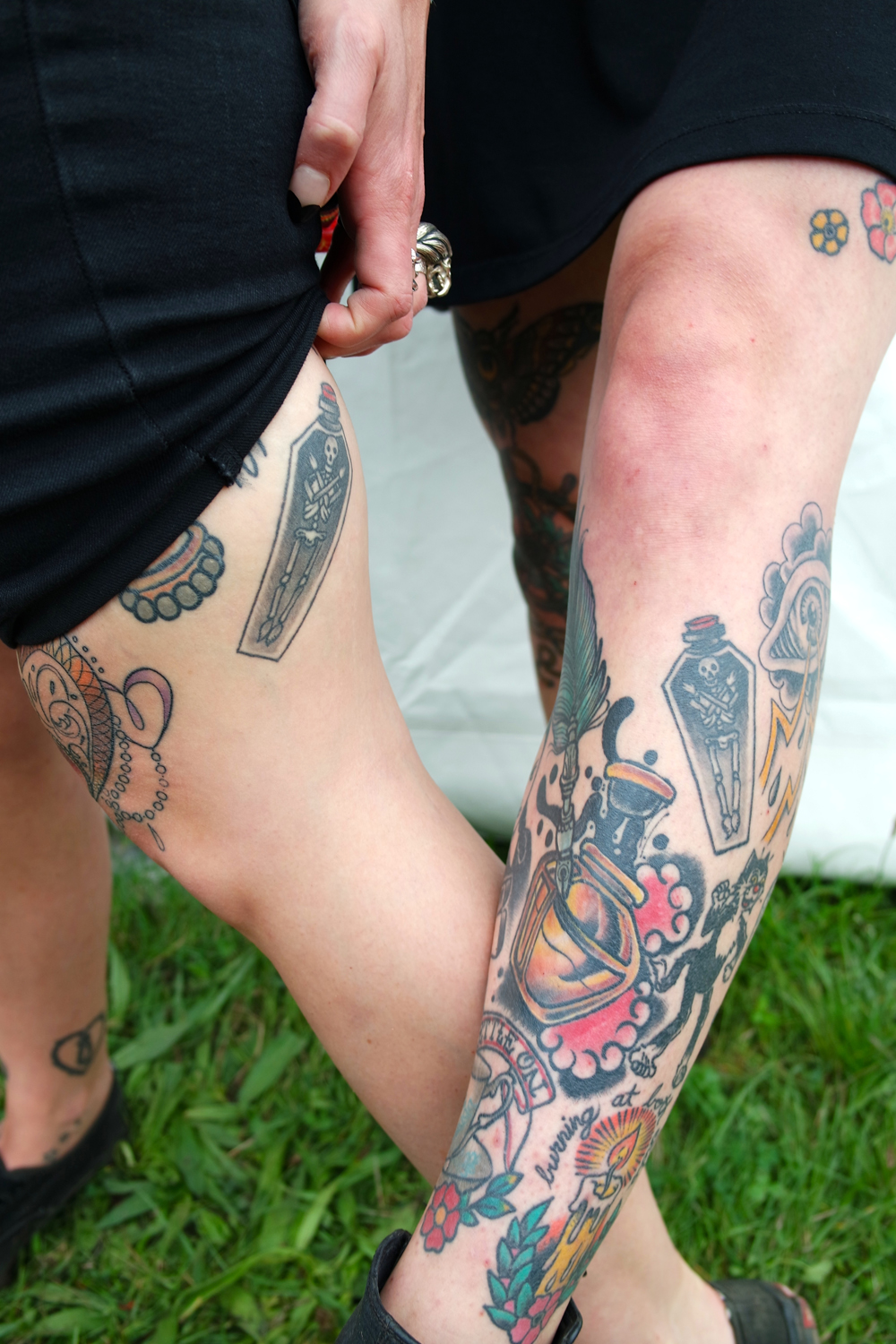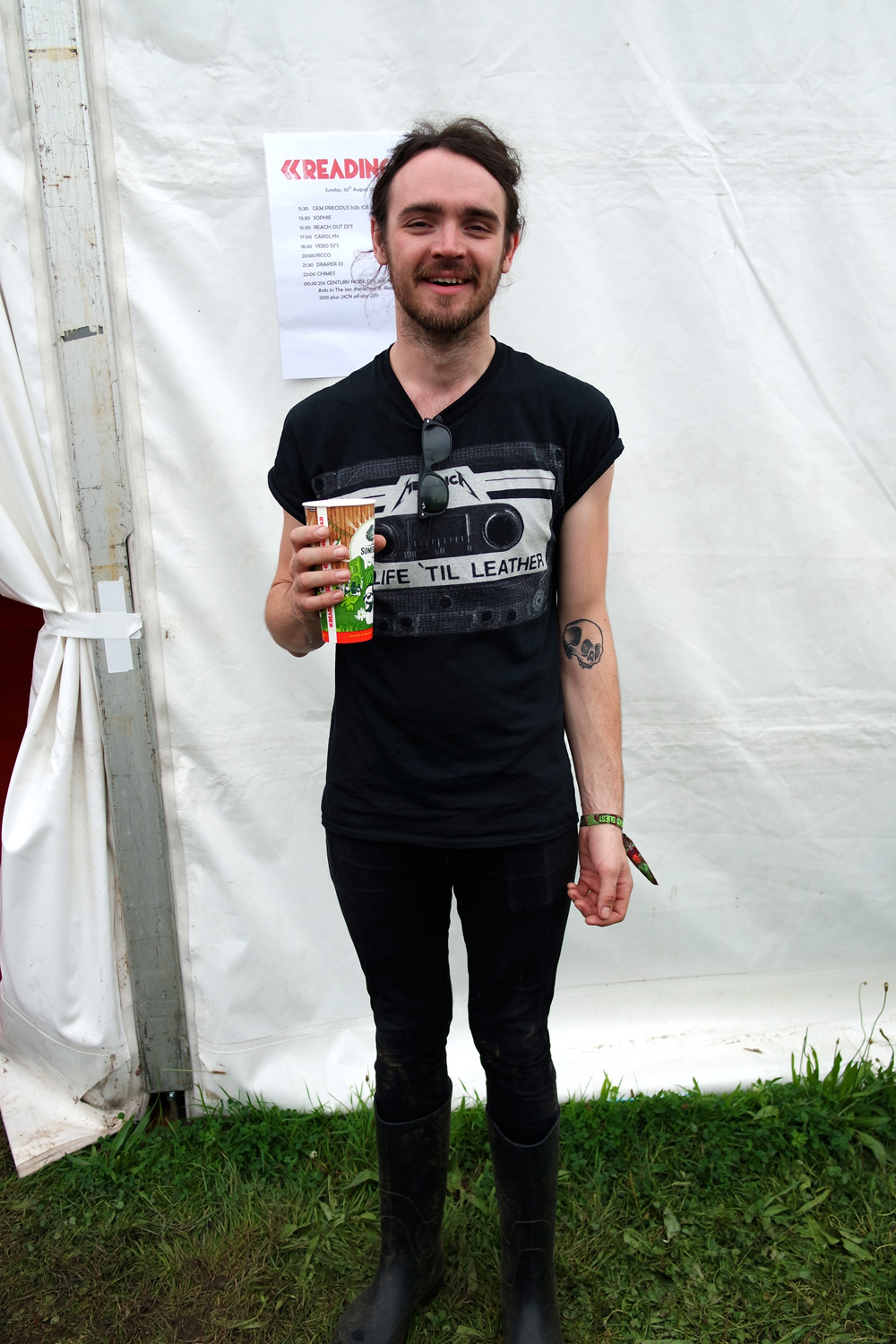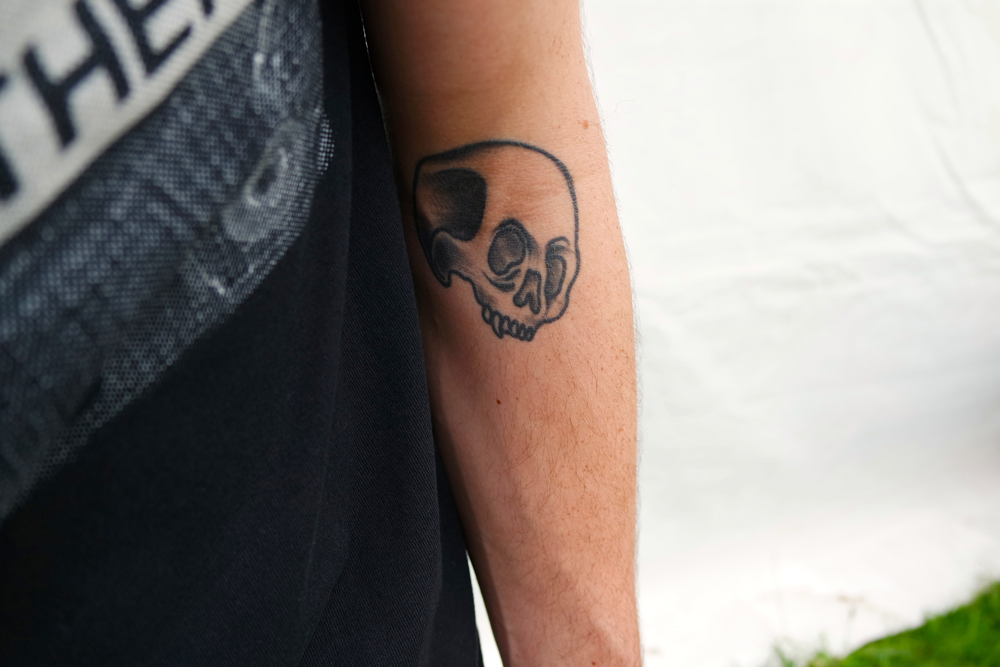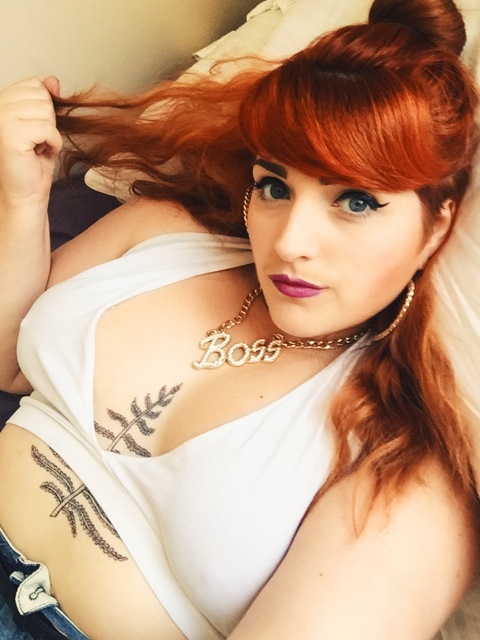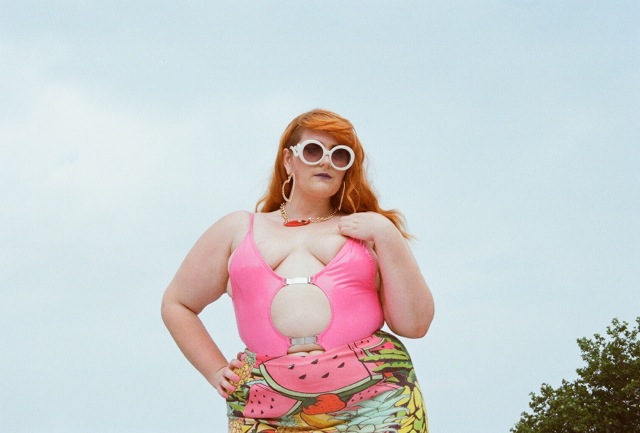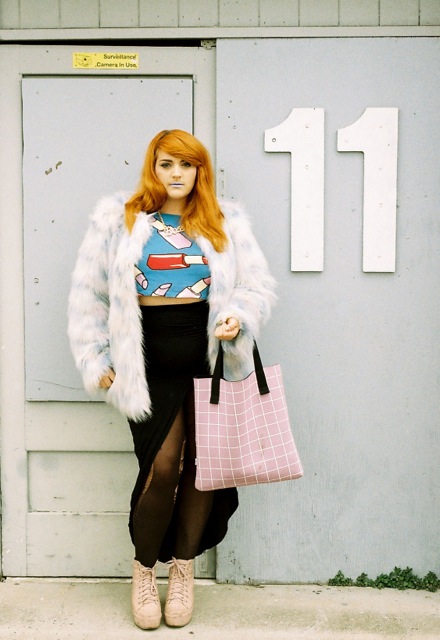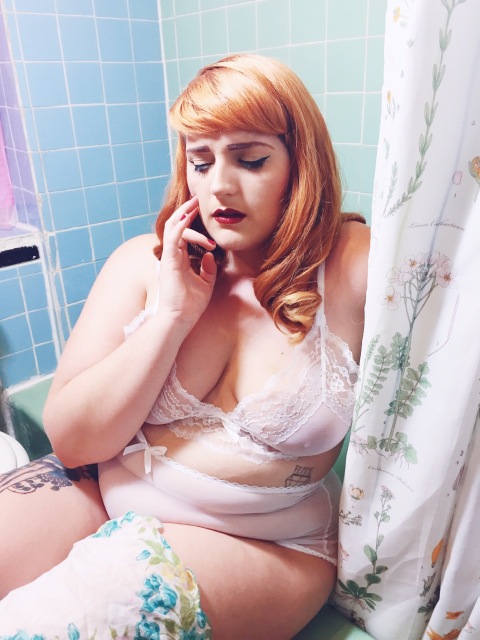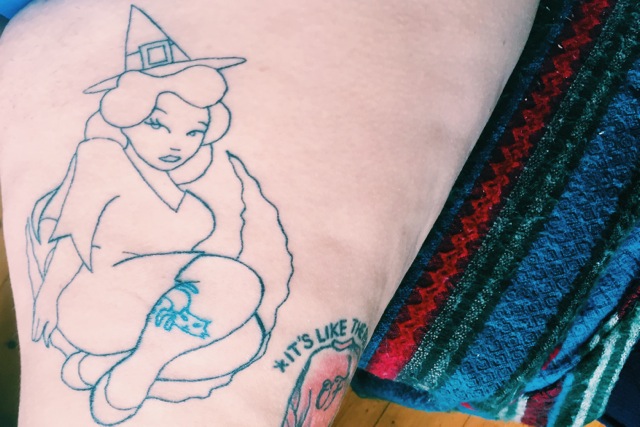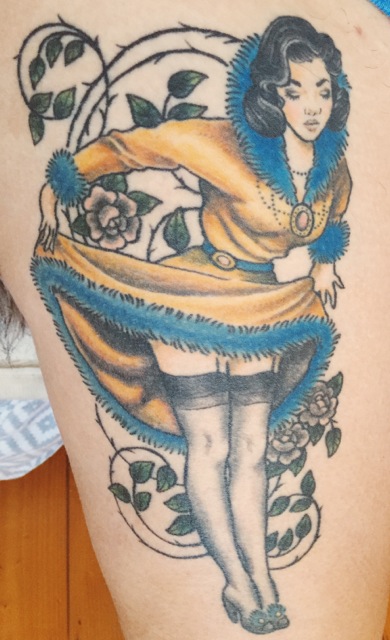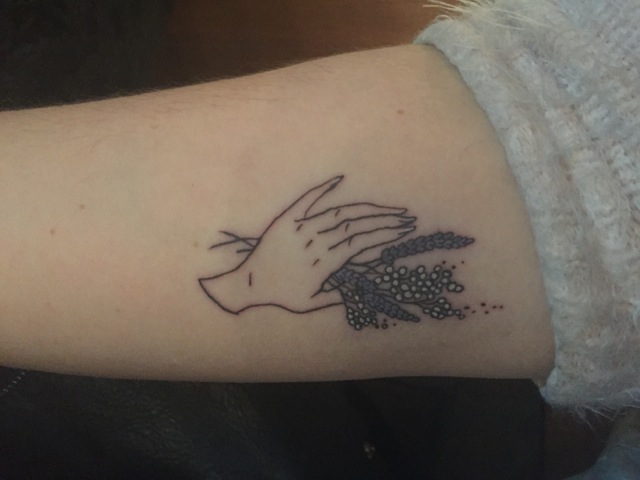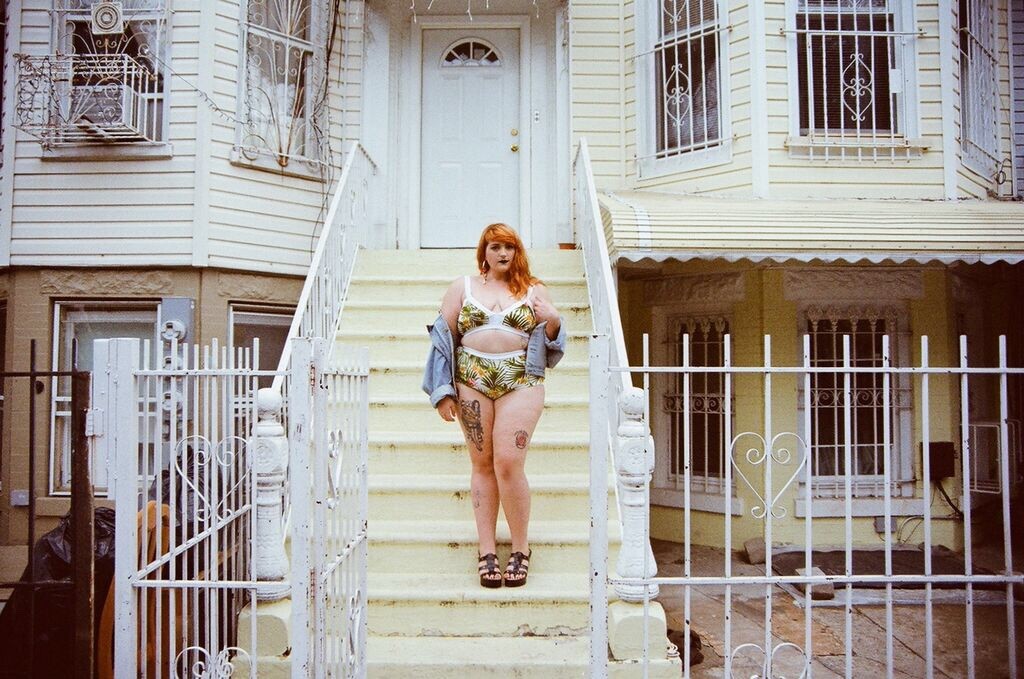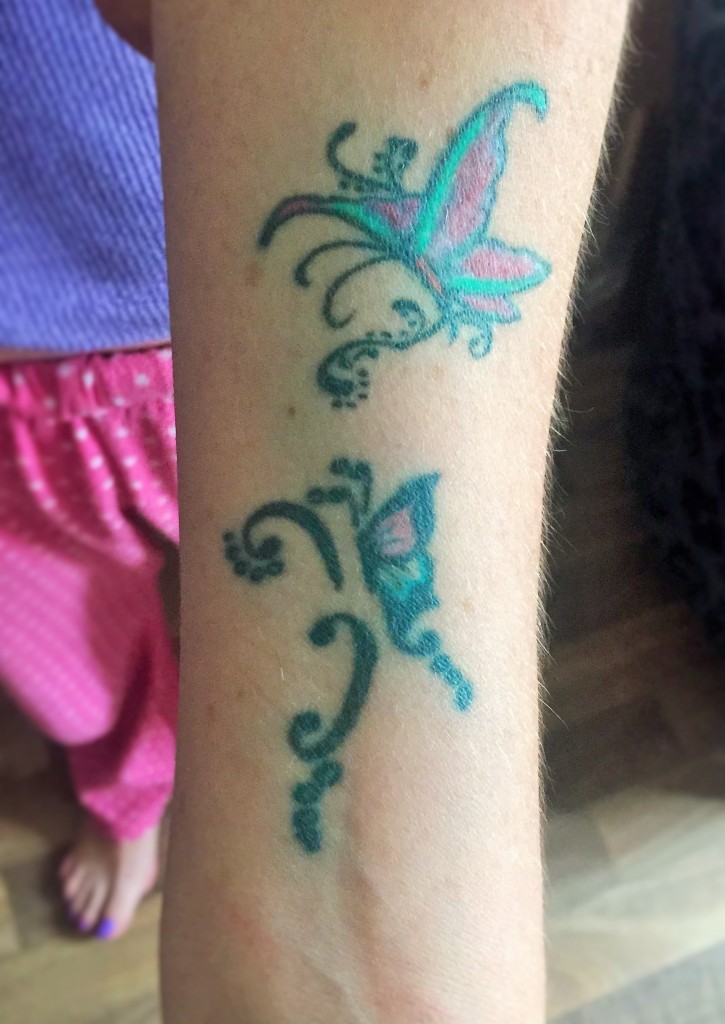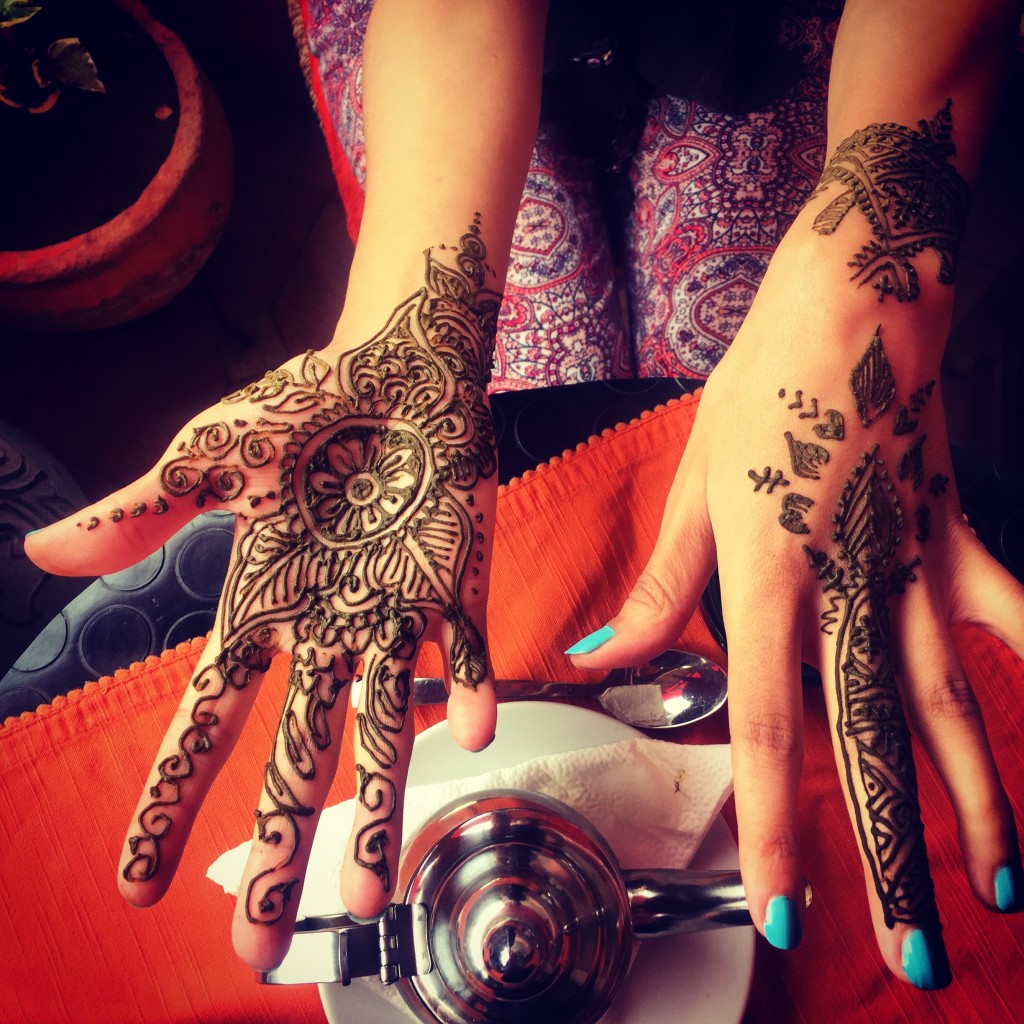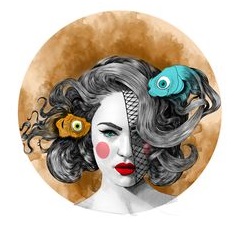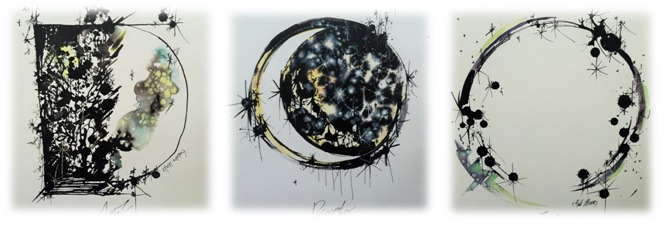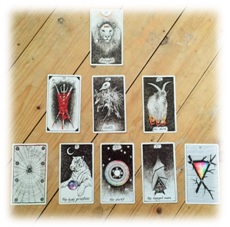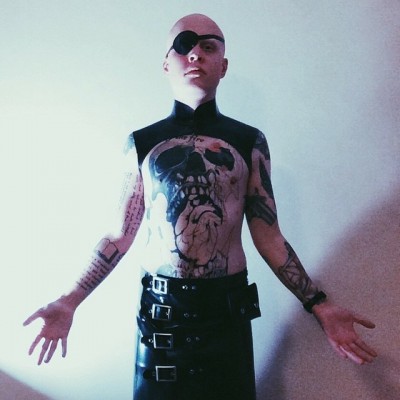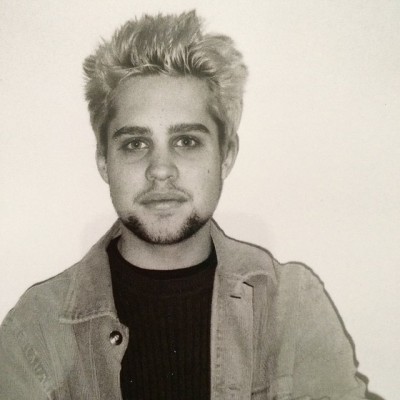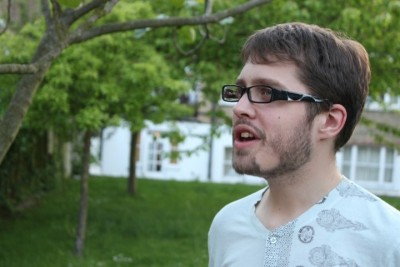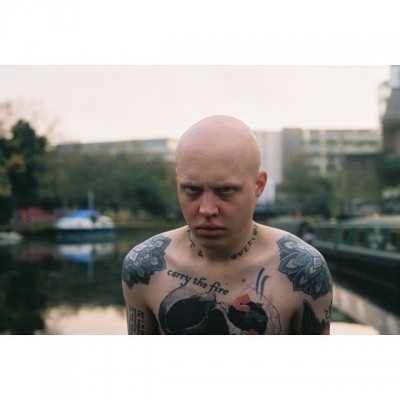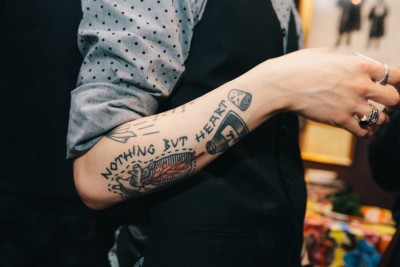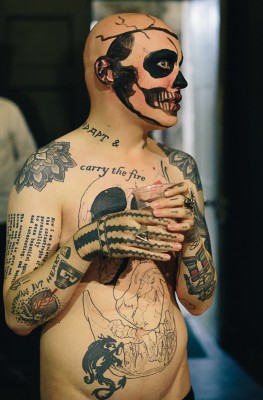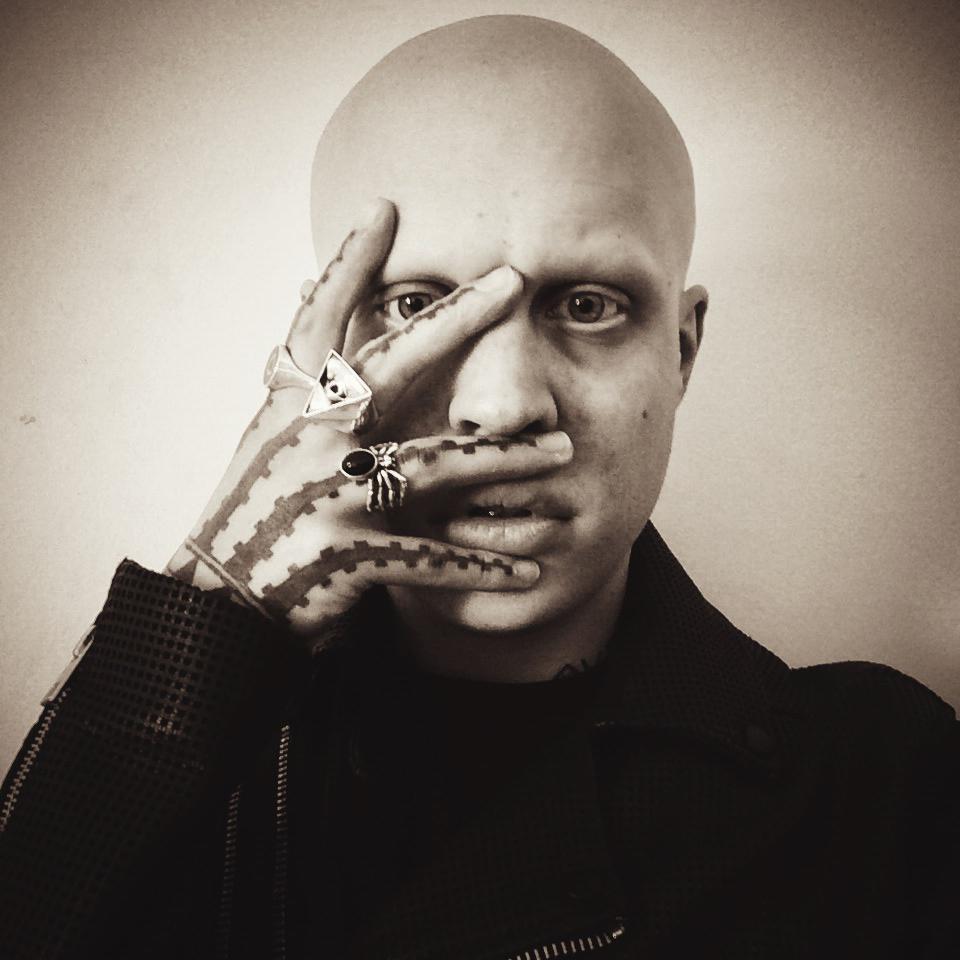Justin Taylor and Charlie Lane are the creators of House of Butterflies, a small online business that sells framed butterflies, moth and beetles. The couple set all of the specimens themselves from their home in Maidstone, Kent. We chatted to Justin and Charlie to find out more about their arty adventures…
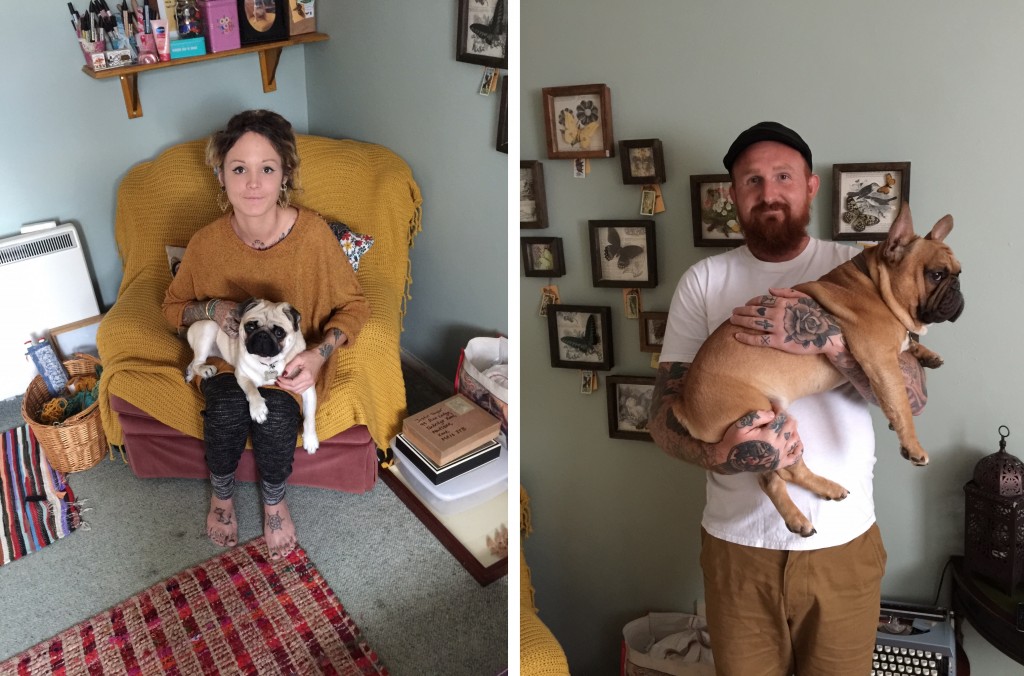
How did you start House of Butterflies? What do you create? The House Of Butterflies started from an idea we had at a craft fair, where Charlie was selling prints and original artwork. We thought it would be fun to do something together, we both share a common interest in taxidermy and art so thought why not combine the two. The framed butterflies idea came from Justin’s grandparents house as they have a small collection of framed butterflies hanging in their hall way. We both thought how great they look and wondered if we could make something along the same lines. We sat and researched the idea for a month or so before finally taking the plunge and having a go.
What inspires you? The inspiration for our boxes comes from the idea of preserving something beautiful. They are inspired a lot by the seasons, nature and by things we really like. We find when we sit and talk about ideas we tend to inspire each other. We try to choose the butterflies or moths first and then try to match the background to them rather than the other way around. The art in general is inspired by the outdoors; gardens, plants and animals.
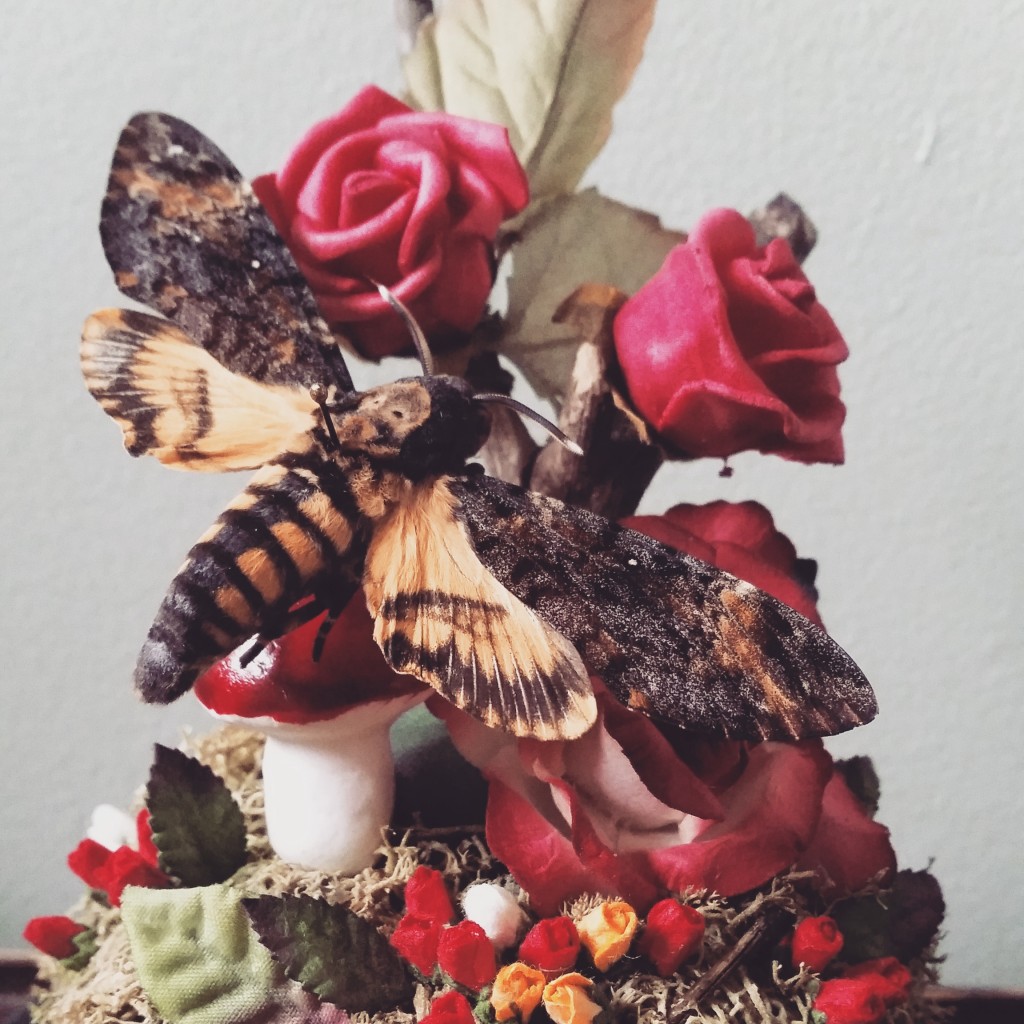
Do you have a background in art?
Charlie: Yes, I studied at Maidstone UCA and have a degree in print making. I learnt a lot about etching and I helped with adult courses in a print making studio. I have done a lot of commission work for small businesses, band logos and for special occasions. I spent a couple of years in the tattoo industry working in a couple of small studios.
Where do you source your items from? We source all of our specimens from a entomologist based in the UK. He sources all of his specimens from butterfly farms abroad, people hear “butterfly farm” and usually think how terrible. When actually they are the most ethical way to source specimens, they bring employment to poor areas and stop the practice of wild collecting which has had a devastating affect on some species. Finding an ethical source and supplier was a big thing for us, a lot of time and effort went in to finding the right supplier with the legitimate source.
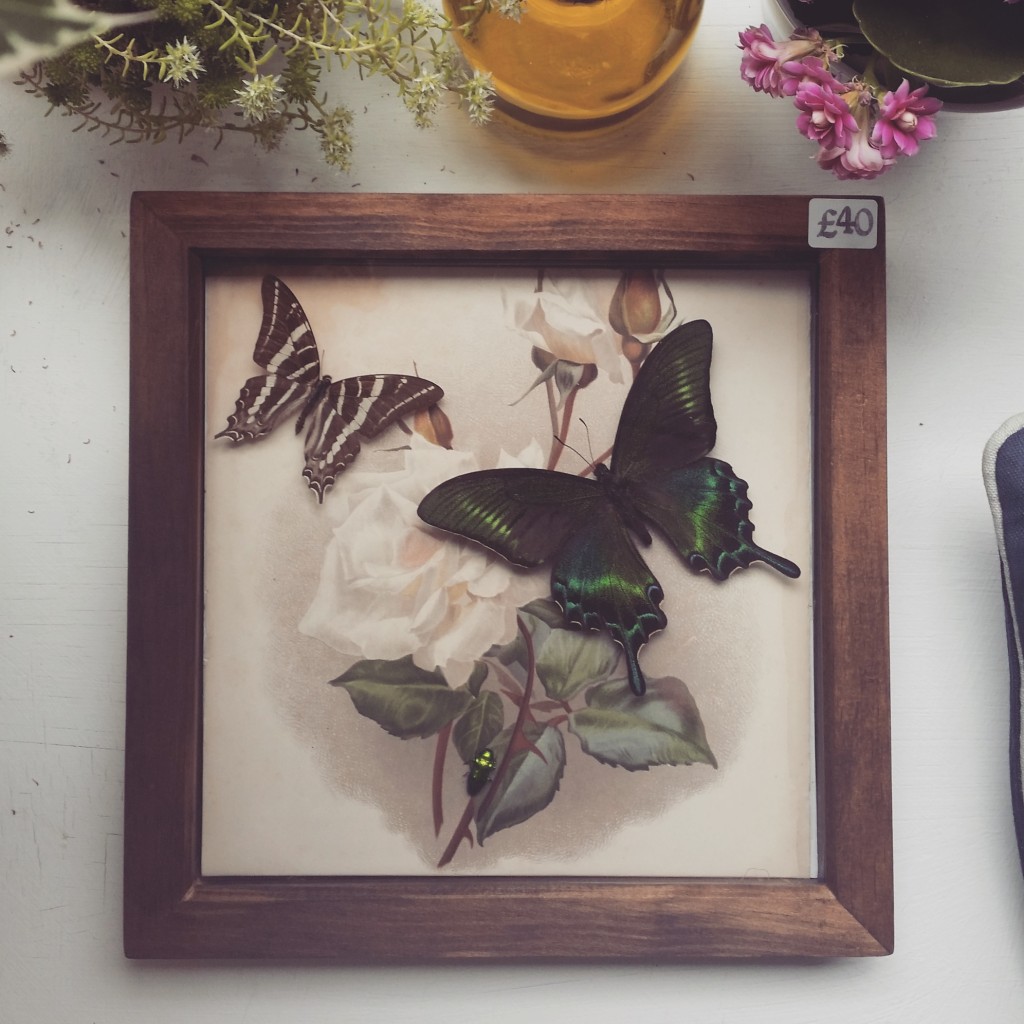
How do you create them? What is the process? The process is a fairly long one and takes time and patience, we had a few disasters at the beginning. We are completely self taught when it comes to the setting of the butterflies and it was a total case of trial and error. Internet videos make it look easier than it actually is.
The process starts by having to relax the butterfly, moth or beetle as they arrived to us in a dry/closed state. The specimens go into a relaxing tub which has a mild chemical solution in it. The chemical solution breaks down the enzymes in the specimens body making it pliable again. The specimens stay in the relaxing box until the reach this state, once there you can remove them and start the setting process. Opening the specimens is always the most fun part as you get see the true glory of what your setting. We pin the specimen to a setting board, which is a board with a small channel down the centre to hold the specimens body in place when you spread the wings. Then we very carefully pull the wings into the position we want using tweezers and then with strips of wax paper pin the wings so they are secure. We then leave them to dry out again for a number of days, depending on size. Then we unpin the specimen and then you have a set specimen, which is always very rewarding.
The vintage frames we stain ourselves to give them that old look, then we add the vintage artwork and add specimens we think work well with the artwork.
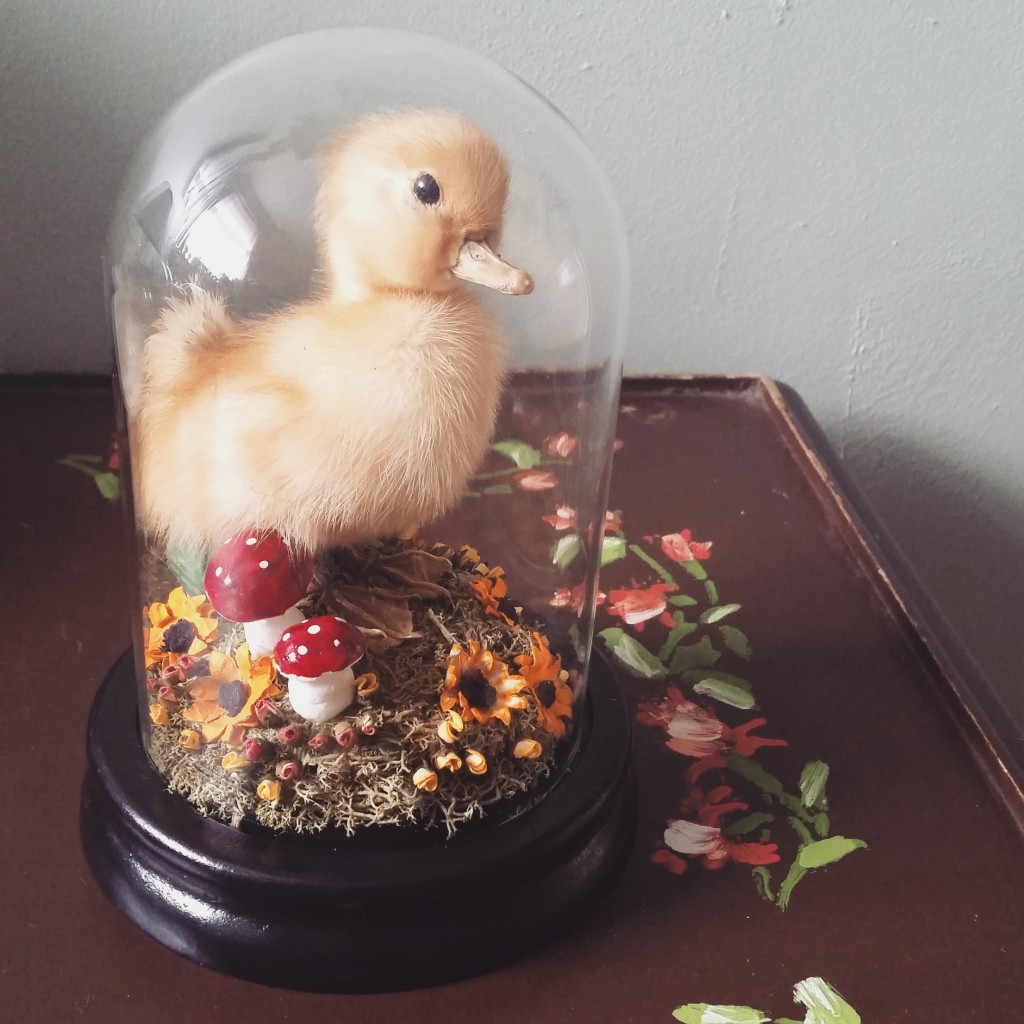
Where can people buy pieces? Do you do commissions? We have a small Etsy shop where people can buy from us, we update regularly with new items as we like to keep a good variety of pieces on there. We can be found on Instagramwhere with have a direct link to our store.
We take on commission work and our always up for a challenge, whether it be artwork or a specific butterfly or a combination of the two, we will always try our best to accommodate.
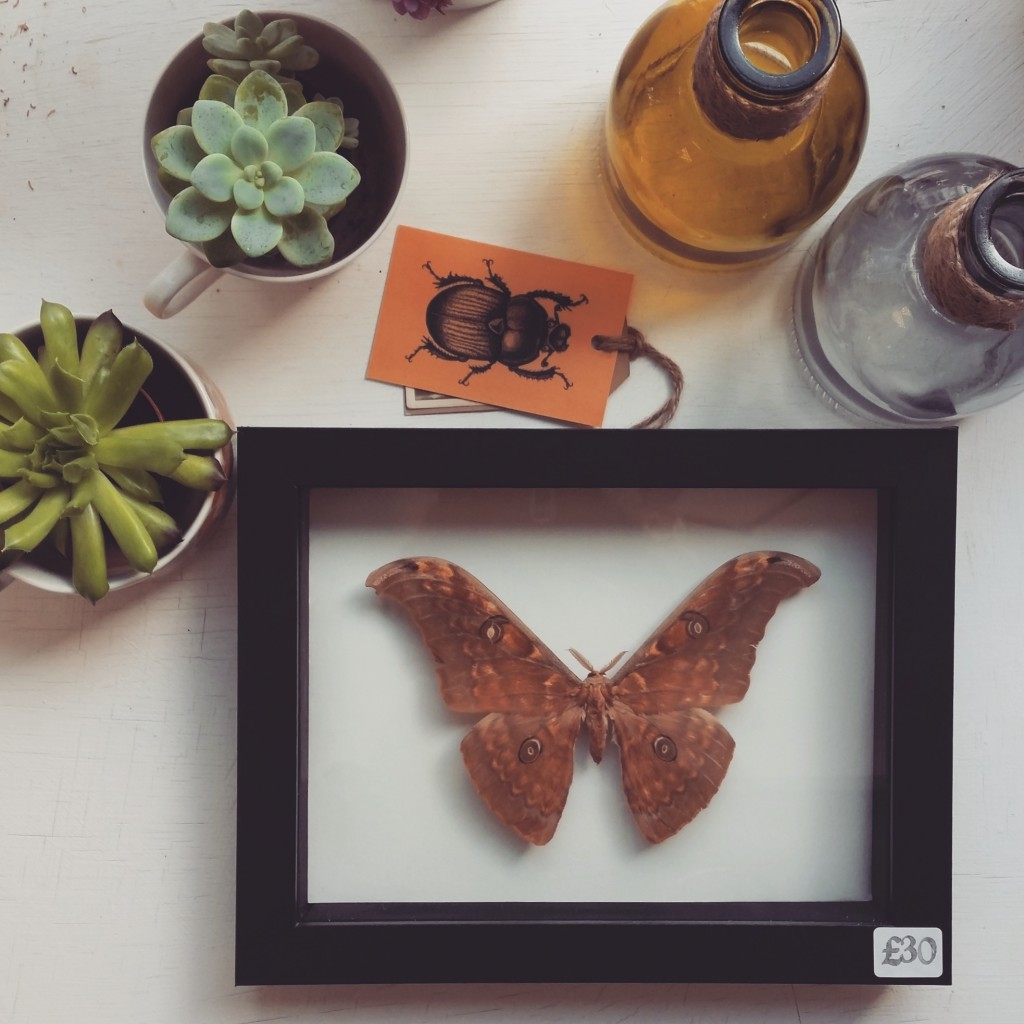
What are your plans for the future? We are hoping to keep going and maybe expand more, we do a lot of craft stalls, especially in the winter months leading up to Christmas. The big plan is to have a small high street shop where people can come in and browse.
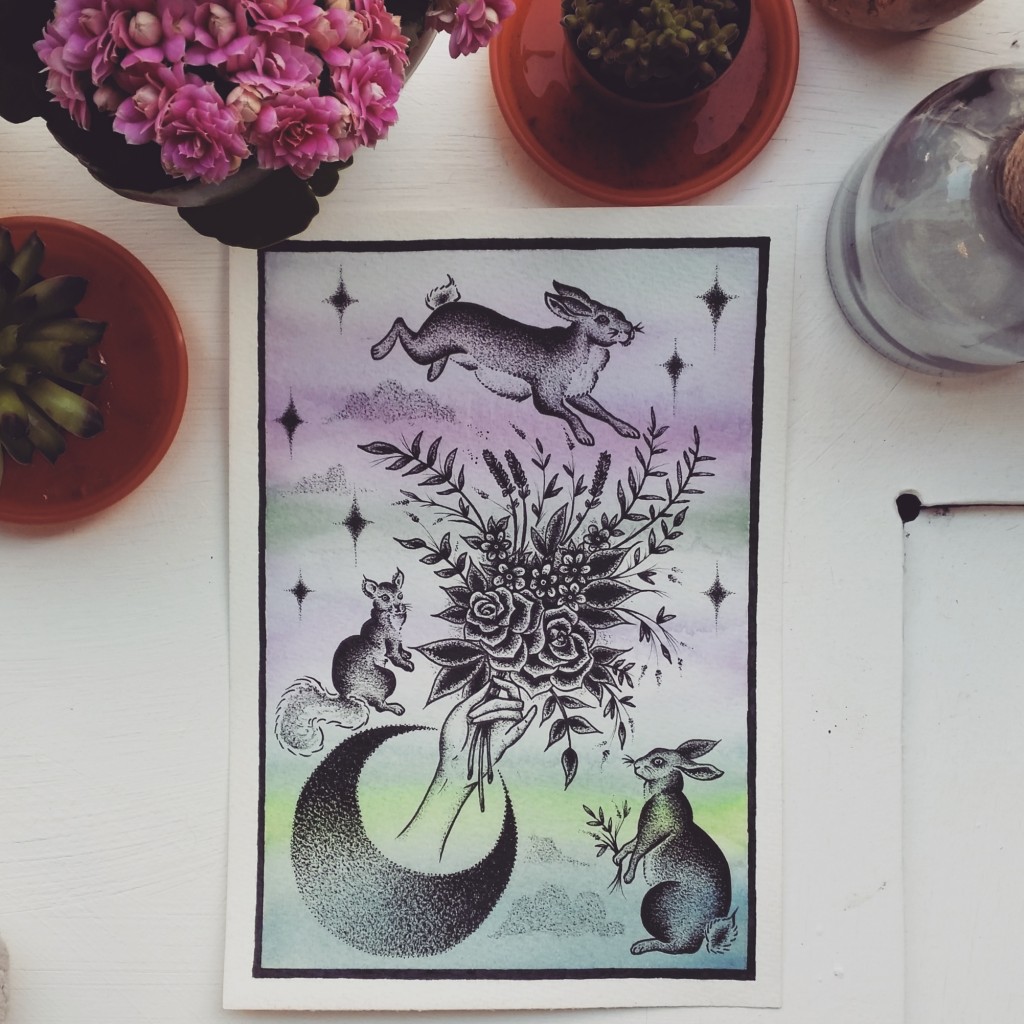
How did you meet? How long have you been together? We met through a mutual friend who Charlie was tattooing, she thought we would get on well, turns out she was right. We had a few dates, realised we shared a lot of common interests and thats about it, and people say romance is dead! We have been together now for two years.
Can you tell us about your tattoos?
Charlie: My tattoos are a mix of things that remind me of all the places I have lived across the world as a kid, and pattern work that I’m really into. I like the geometric and dot work tattoo styles as it is how I myself draw. I like the work of Vana Chanelle, who has tattooed me a few times, along with Dan Frye who done a stunning traditional style Indian bride on my arm. I have tattooed myself a lot.
Justin: I’m a big fan of traditional style tattoos and love fat lined pieces. I have a lot of skateboard related tattoos as it used to be my favourite past time. I have a bit of a mix of black and grey, traditional colour and pattern work. I have my good friend Ben Griffiths to thank for a lot of my work, also Dan Frye and his partner EJ Miles.
